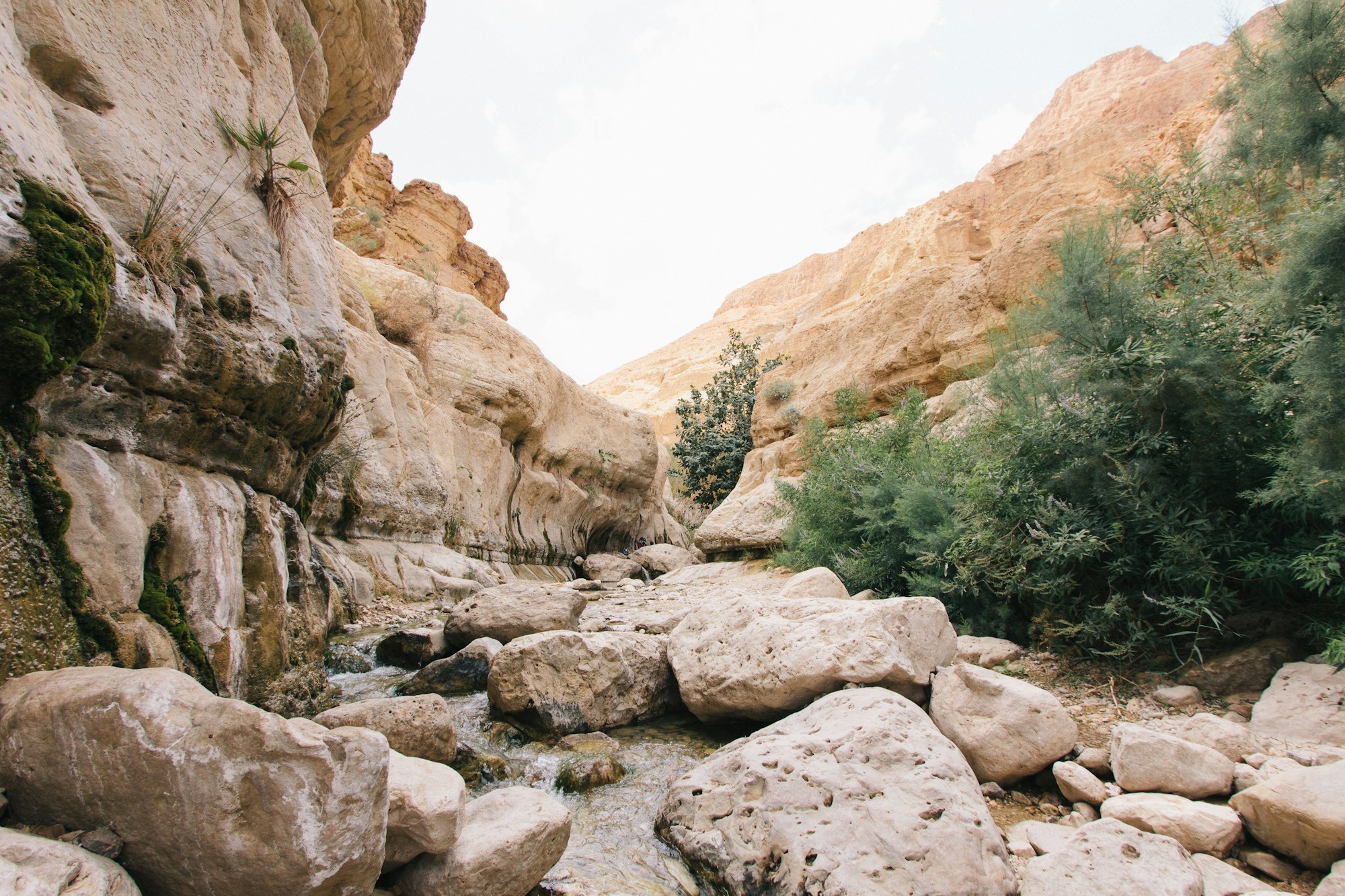Israel: Exploring Culture & Traditions

Israel: Exploring Culture & Traditions
Welcome to Israel, a country rich in history, culture, and traditions. Located in the Middle East along the eastern shore of the Mediterranean Sea, Israel is a fascinating destination that offers a diverse range of experiences. From ancient archaeological sites to vibrant modern cities, this is a land of contrasts where past and present meet. In this travel guide, we will explore the culture and traditions that make Israel truly unique.
Culture
Israeli culture is a mix of influences from different ethnic and religious groups, including Jews, Arabs, Christians, and Muslims. This cultural diversity is reflected in various aspects of everyday life, including language, cuisine, music, and art.
Language
The official languages of Israel are Hebrew and Arabic. Hebrew is widely spoken and is the language of daily life, education, and business. English is also commonly spoken, especially in urban areas and tourist destinations.
Cuisine
Israeli cuisine is a fusion of flavors from various cultures, with influences from Jewish, Arab, and Mediterranean traditions. Some popular dishes include falafel (deep-fried chickpea balls), hummus (a spread made from mashed chickpeas), shawarma (grilled meat), and shakshuka (a dish of poached eggs in tomato sauce). Don't forget to try the freshly baked bread and the wide variety of fresh fruits and vegetables.
Music and Dance
Music plays an integral part in Israeli culture, with a diverse range of styles ranging from traditional folk music to modern pop and rock. Traditional Israeli folk dances, such as the hora, are often performed at weddings and other celebrations, bringing people together in joyful solidarity.
Art
Israeli art is a vibrant melting pot of styles and influences. From ancient archaeological artifacts to contemporary paintings, sculptures, and street art, there is something to inspire every art enthusiast. The Israel Museum in Jerusalem and the Tel Aviv Museum of Art are must-visit destinations for art lovers.
Traditions
Israel is a land steeped in ancient traditions that are still practiced today. These traditions reflect the rich history and religious beliefs of the people who call Israel home.
Sabbath
In Israel, the Sabbath, which begins on Friday evening and ends on Saturday evening, is a time of rest and religious observance for Jews. During this time, many establishments, including restaurants and shops, may close, and public transportation may be limited. It is a unique experience to witness the peacefulness and serenity that descends upon the country during this sacred time.
Religious Pilgrimages
Israel is a destination of great importance for many religious groups, including Jews, Christians, and Muslims. Pilgrims from around the world visit sites such as the Western Wall in Jerusalem, the Church of the Holy Sepulchre, and the Al-Aqsa Mosque. These holy sites hold deep significance and offer a chance for spiritual reflection and connection.
Holidays and Festivals
Israel celebrates a diverse range of religious and national holidays throughout the year. From Hanukkah, Passover, and Rosh Hashanah in the Jewish calendar to Christmas and Easter in the Christian calendar, there is always a festival or holiday to celebrate. These occasions are marked by rituals, special meals, music, and festive gatherings.
Bedouin Hospitality
The Bedouin, a traditionally nomadic Arab people, are known for their warm hospitality. Bedouin hospitality often includes serving traditional tea and offering guests a place to rest and relax in the shade of a Bedouin tent. Experiencing Bedouin hospitality is a unique opportunity to connect with the local culture and traditions.
These are just a few highlights of the rich culture and traditions that await you in Israel. Whether you are exploring ancient historical sites, immersing yourself in the vibrant city life, or witnessing traditional customs, Israel offers a truly unique experience for every traveler.
